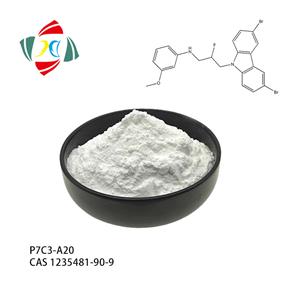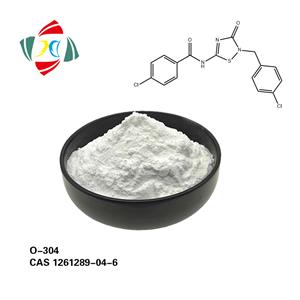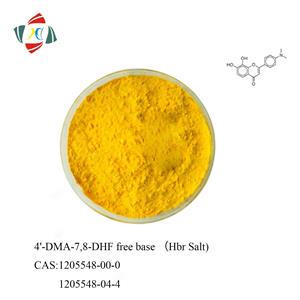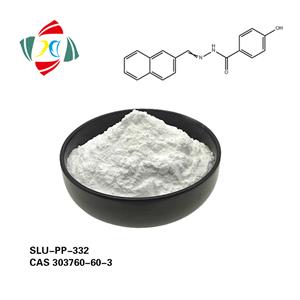New discovery: rapamycin may help anti-aging
Recently, in a research report published in the international journal aging cell, researchers from Oregon State University found that rapamycin has unusual characteristics, which may help to treat the body's neurological damage, such as Alzheimer's disease. Related research may help researchers understand the mechanism of action of rapamycin.
Professor viviana Perez, a researcher, said that this study may provide us with a new treatment for neurological diseases. At present, researchers have identified two mechanisms of rapamycin, one of which we already know, and the other newly discovered mechanism may help to effectively prevent neurological injury and some related diseases. The value of rapamycin is directly related to cell aging. Cell aging is a state in which cells grow old and stop reproducing. When cells grow old, they will begin to secrete damaging substances and eventually lead to inflammation. Rapamycin can block the above process.
The secretion of damaging compounds can create a toxic environment, which is called senescence associated secretory phenotype (SASP). Some researchers believe that this may interfere with the microenvironment of cells and change the normal function of adjacent cells, so as to neutralize their organizational structure and function. Of course, it can be related to aging in the end; Researcher Perez points out that the increase in cell aging is directly related to aging and inflammation, which will prepare for a series of degenerative diseases, such as cancer, heart disease, diabetes, dementia and Alzheimer's disease. After studying the experimental animals, the researchers found that when the aging cells in the animal body were removed, the life span of these animals would be prolonged, and the prevalence rate would be significantly reduced, and rapamycin would have a similar effect.
In previous studies, researchers observed that rapamycin seems to show only one mechanism of action in this process. Researchers believe that this mechanism can help increase the role of Nrf2, the main regulator, which can turn on the expression of more than 200 genes. These genes are mainly responsible for cell repair, detoxification of carcinogens, metabolism of protein and lipid, apoptosis and apoptosis Antioxidant protection and other factors, of course, can also help reduce SASP levels in this process.
In this latest study, researchers found that rapamycin can also directly affect the level of SASP, which is independent of Nrf2 pathway. In this special way, rapamycin may also affect neurons and other types of cells. Any way to help protect neurons from damage may be valuable. For example, in other studies, researchers have found that SASP can damage astrocytes that protect neuron function and health, which is also the cause of some neurodegenerative diseases, including Alzheimer's disease.
Although two pathways (one involves Nrf2, the other is a more direct method) can help to inhibit SASP related cell damage, rapamycin can still arouse great interest in the research of human aging. Rapamycin, a natural compound, was first found in the soil of Easter Island in the South Pacific, and a lot of research has been carried out since then because it can mimic the valuable effects of dietary restriction, and rapamycin can prolong the life of some animals.
The researchers found that the laboratory mice receiving rapamycin will perform more healthy, and their activity decreases slowly with age. At the same time, rapamycin can also enhance the cognitive ability and cardiovascular health of mice, and the mice are not prone to cancer, and their life expectancy will also be prolonged. Because rapamycin has some side effects, its current research in humans has been limited, which will increase the body's tolerance to insulin, which will undoubtedly increase the risk of diabetes. Currently researchers are looking for analogues of rapamycin, which can produce similar biological effects as rapamycin. At the same time, it will not cause unknown side effects.




